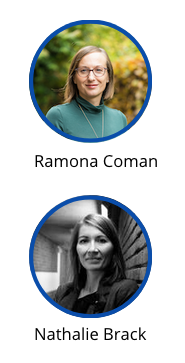- Faculté de Philosophie et Sciences sociales
- Accueil
- Agenda FAC
- Agenda SC PO
-
Partager cette page
European integration between enlargement and deepening. Dialogue on the accession of Georgia, Moldova, Montenegro and Ukraine to the European Union
Presentation
The EU is at a crossroads. As a community of norms and values, the Union continues to exert its force of attraction in its neighbourhood. The Balkan countries have been preparing for accession for several years. Ukraine has launched a vast reform programme to bring its institutions into line with democratic standards and principles despite the Russian’s war of aggression. The process has also been launched in Moldova, while in Georgia citizens have demonstrated their strong support for Europe in the streets of Tbilisi and not only. Successive enlargements have given rise to many questions about the Union's borders, but also about the difficult balance to be maintained between enlargement (i.e. the Union's capacity to integrate new Member States) and deepening (understood as the capacity to implement its objectives and function with a growing number of Member States). The aim of this conference is to discuss the issues surrounding the future enlargement of the European Union, with a particular focus on Georgia, Moldova, Montenegro and Ukraine.
With the participation of

Petar Marković is the Ambassador Extraordinary and Plenipotentiar of Montenegro to the European Union. He is also a visiting professor in Brussels and a long-time expert on European policies, whose knowledge is based on academic training, continuous improvement of education, as well as professional experience in prominent non-governmental educational institutions. P.Marković graduated in the field of international relations at the Faculty of Political Sciences of the University of Belgrade, and completed his master's degree in European law at the Faculty of Law of the University of Belgrade in English, on the topic "European service for foreign affairs: Shaping post-national diplomatic system". As a scholarship holder under the European Commission's Erasmus Mundus double doctorate programme, he undertook doctoral studies at the Université libre de Bruxelles and the LUISS University in Rome. In addition, thanks to a Belgian-British Wiener-Anspach scholarship, he completed the fourth year of his doctoral studies at Oxford University, playing an active part in the Centre for European and South-East European Studies. He defended his doctoral thesis "Democratic Deficit in the European Union and Transnational Democratic Political Culture" at the ULB and at LUISS Guido Carli University in 2019.
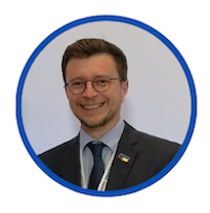
Gabriel Blanc, European Commision
After 10 years working on large infrastructure projects for the private sector, Gabriel Blanc joined the EU Delegation in Ukraine in 2010, where he was responsible for the energy sector. He further on joined the Commission in Brussels, where he worked on economic development matters in the Eastern neighborhood region, with the Western Balkans on economic integration issues. In 2022, he joined the Ukraine Service of the Commission where he is the Team leader for the reconstruction of Ukraine.
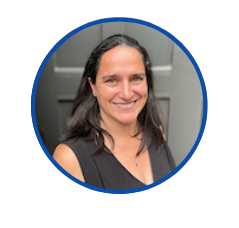
Amandine Sabourin is policy officer in ECDPM’s European foreign and development policy and AU-EU relations teams. She specialises in EU and international development cooperation, focusing on EU policy decision-making, local governance and urban development, as well as the EU’s engagement with civil society. Her regional interests include Africa, the Caribbean, Eastern Europe as well as North Africa. She is also a scientific collaborator at the Institute for European Studies of the Université Libre de Bruxelles.
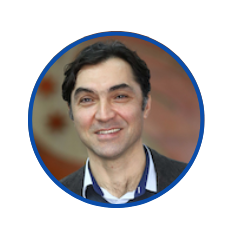
Shalva Dzebisashvili is Associate Professor in political science and IR in the School of Social Sciences at the University of Georgia (UG), Tbilisi, Georgia. Being a GEM-EU Erasmus Mundus doctoral fellow, Shalva Dzebisashvili successfully defended his thesis in January 2016 and received his doctoral degree from the Free University Brussels (ULB, Belgium) and the Bielefeld University (Germany). In 2008–2009, he successfully completed his master’s degree in strategic security studies at the National Defense University (NDU, Washington) and worked as a Defense Advisor of the Georgian Ministry of Defense at the Georgian Mission to NATO (Brussels). From 2003 to 2012 and from 2017 to June 2019, he held senior positions in the Defense Policy and Planning Department of the Georgian Ministry of Defense. He is a member of several research organizations, notably the NASP (Nationalism, Security and Policy Research Hub, former UGSP) at UG, GSAC (Georgian Strategic Analysis Center) and CCDS (Civil Council on Defence and Security) and author of numerous publications. Dr. Shalva Dzebisashvili is currently directing the project on developing the national resilience/vulnerability assessment tool (model) and is involved in the international collaborative research project titled “Institutional Transformation and Social Practices in the Countries of the South Caucasus and Central Asia,” funded by the Volkswagen Foundation.
Discussant
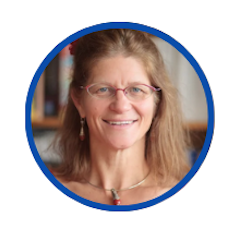
Aude Merlin is professor of political science at the Université libre de Bruxelles, member of the Centre d'étude de la vie politique (Cevipol) and specialist in Russia and the Caucasus. She defended her dissertation at Sciences Po Paris in 2006, on identity transformations in the North Caucasus. After working extensively on the Chechen conflict, she is now devoting her research to the consequences of wars on post-Soviet societies, with a particular focus on the trajectories of combatants in the conflicts of the South Caucasus, and also on memory and transmission. At the same time, she is engaged in research into the Chechen diaspora.
Registration via the IEE - ULB website
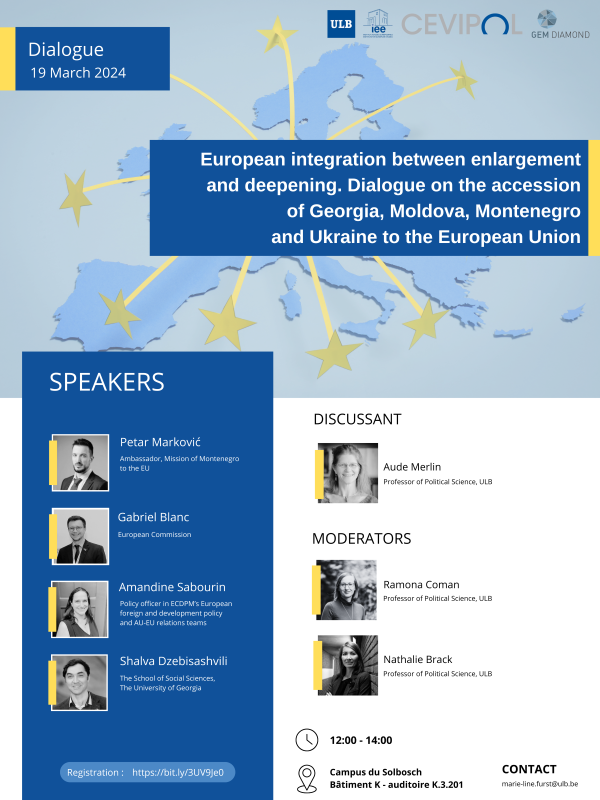
Contact : marie-line.furst@ulb.be

12:00 - 14:00
Campus du Solbosch
Bâtiment K - auditoire K.3.201
The debate will be moderated by Ramona Coman and Nathalie Brack, both Professors of Political Science at the ULB.
